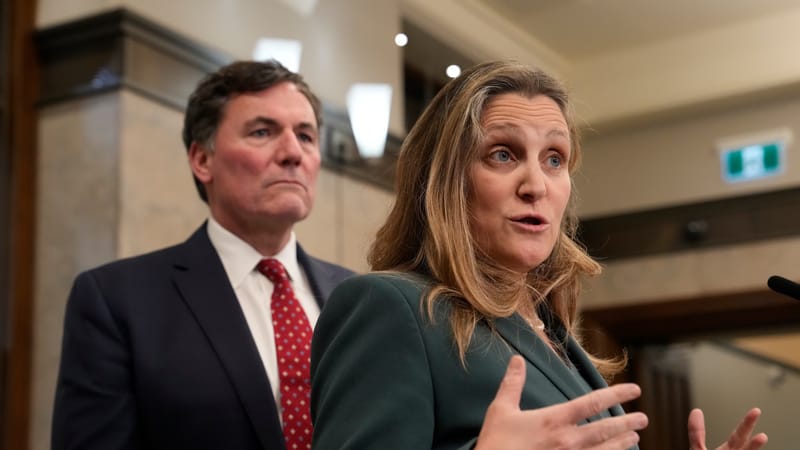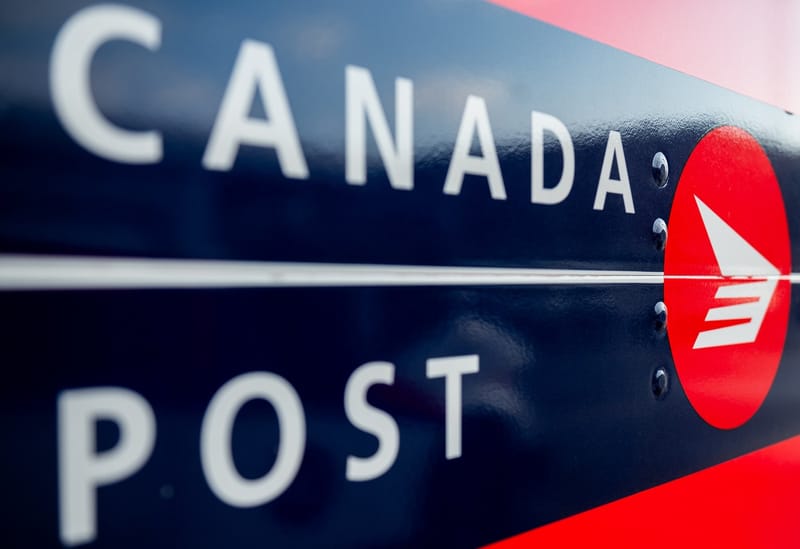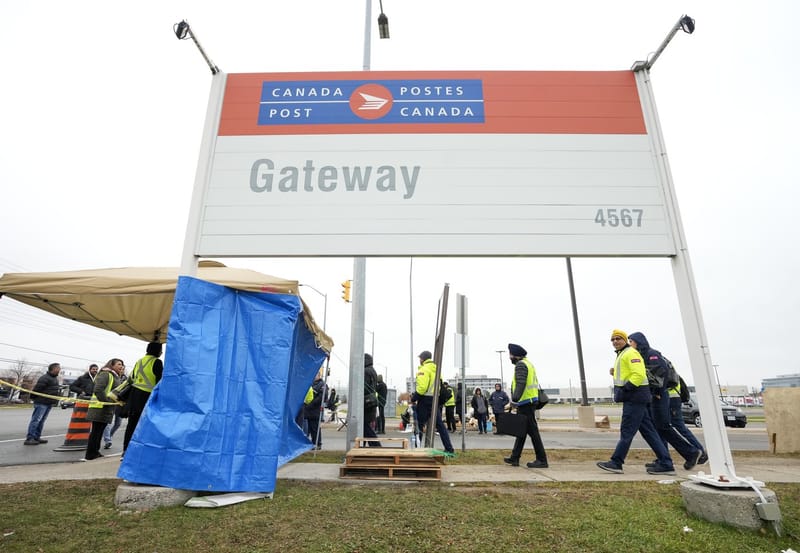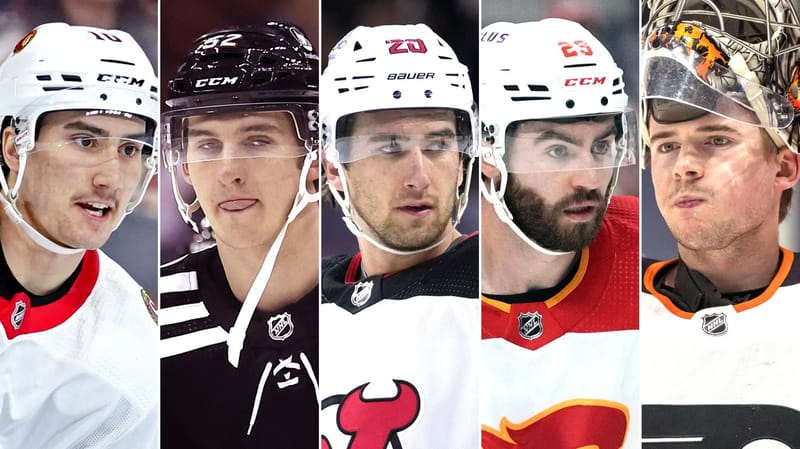ANALYSIS: Singh decision about cutting NDP ties to Trudeau, not an election prelude
There was likely no New Democrat more relieved to learn that federal NDP Leader Jagmeet Singh had ripped up his deal with Justin Trudeau than Saskatchewan’s NDP Leader Carla Beck.
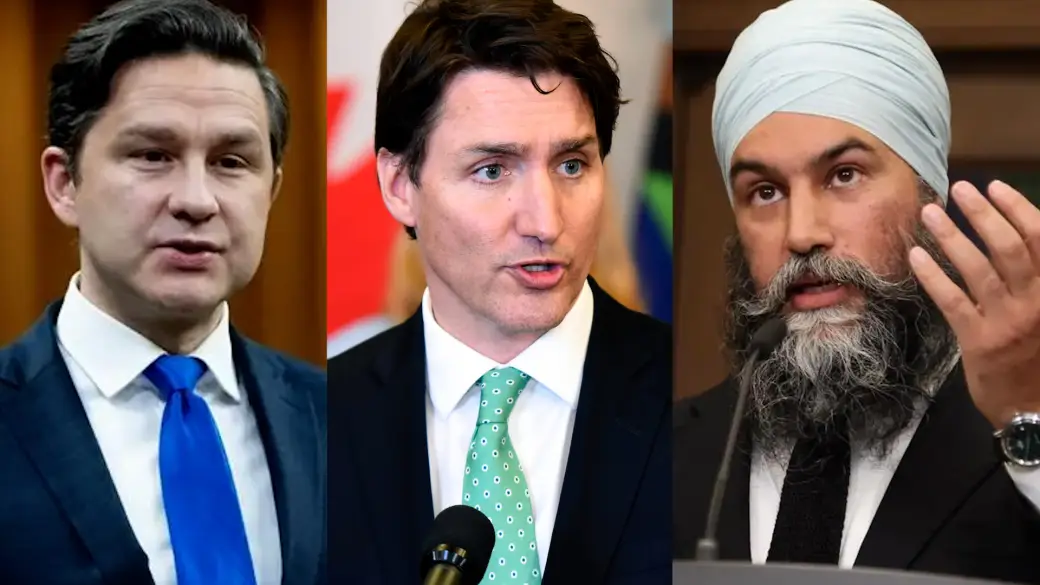


Saskatchewan NDP Leader Carla Beck was likely the most relieved when federal NDP Leader Jagmeet Singh ended his agreement with Justin Trudeau.
Beck is in a challenging election campaign, trying to end the Saskatchewan Party's long hold on power since 2007. The Saskatchewan Party had been using the Singh-Trudeau deal to tie Beck to the unpopular prime minister. Now, Beck and other New Democrats across Canada can distance themselves from the federal Liberals.
“It’s about time,” Beck told reporters in Regina on Wednesday. She criticized the Trudeau government as one that “has failed to deliver results for Saskatchewan, be that on the cost of living, health care or the growing economic crisis during such a pivotal moment.”
The frustration with being linked to Trudeau wasn’t limited to Saskatchewan. In Alberta, New Democrats had raised the possibility of severing ties with the federal NDP during the last leadership race. In British Columbia, opponents of Premier David Eby had been trying to link his NDP with Trudeau through the Singh deal. Even in Manitoba, during the last election, Progressive Conservatives used billboards featuring NDP Leader Wab Kinew alongside Singh and Trudeau.
Now, Western New Democrats, and the federal party, are free from that connection.
Although breaking the agreement raises the chance of an early federal election before October 2025, it's not the NDP’s main focus. This fall, New Democrats will concentrate on re-electing David Eby in British Columbia and helping Carla Beck’s bid to become Saskatchewan’s first NDP premier in nearly 20 years.
New Democrats in these provinces won't want to lose financial support or resources to a federal campaign, where Jagmeet Singh’s best-case scenario might be moving the NDP from the fourth party to the third in the House of Commons.
Gord Johns, an NDP MP from British Columbia, shared similar sentiments on social media, emphasizing his commitment to local priorities like infrastructure investment and youth mental health, saying, “Forcing a third election in five years isn’t very high on my list.”
With the supply-and-confidence agreement over, the federal government will now need to negotiate for support from opposition parties on a case-by-case basis. George Soule, a principal at Syntax Strategic and former NDP aide, remarked, “Trudeau can’t just count on NDP support anymore. He has to earn it every time.”
The end of the deal also offers the Liberals a chance to re-position themselves politically. Marci Surkes, chief strategy officer at CompassRose Group and former director of cabinet and policy in Trudeau’s PMO, suggested the Liberals could now define their political stance, either by moving back to the centre or appealing to more centrist or centre-right voters.
Surkes wasn’t surprised by the collapse of the deal. While it worked well for both parties when it began, she believes the political landscape has shifted. “The NDP doesn’t necessarily want to be tied to a weaker government... They see opportunity in the Liberals’ weakness,” she said.



